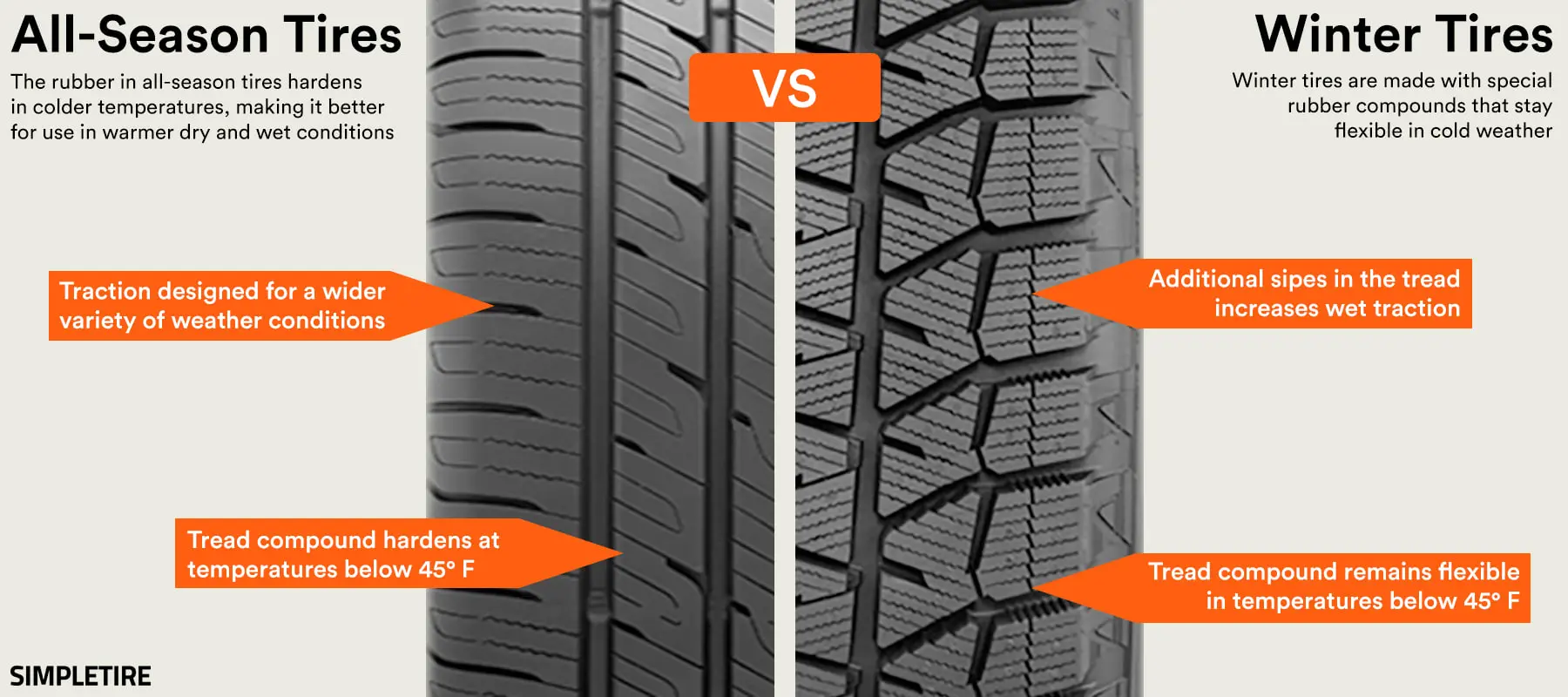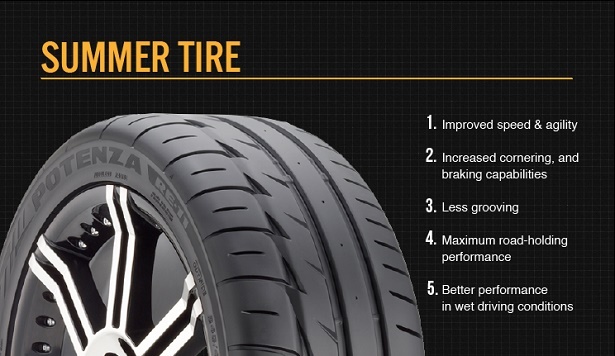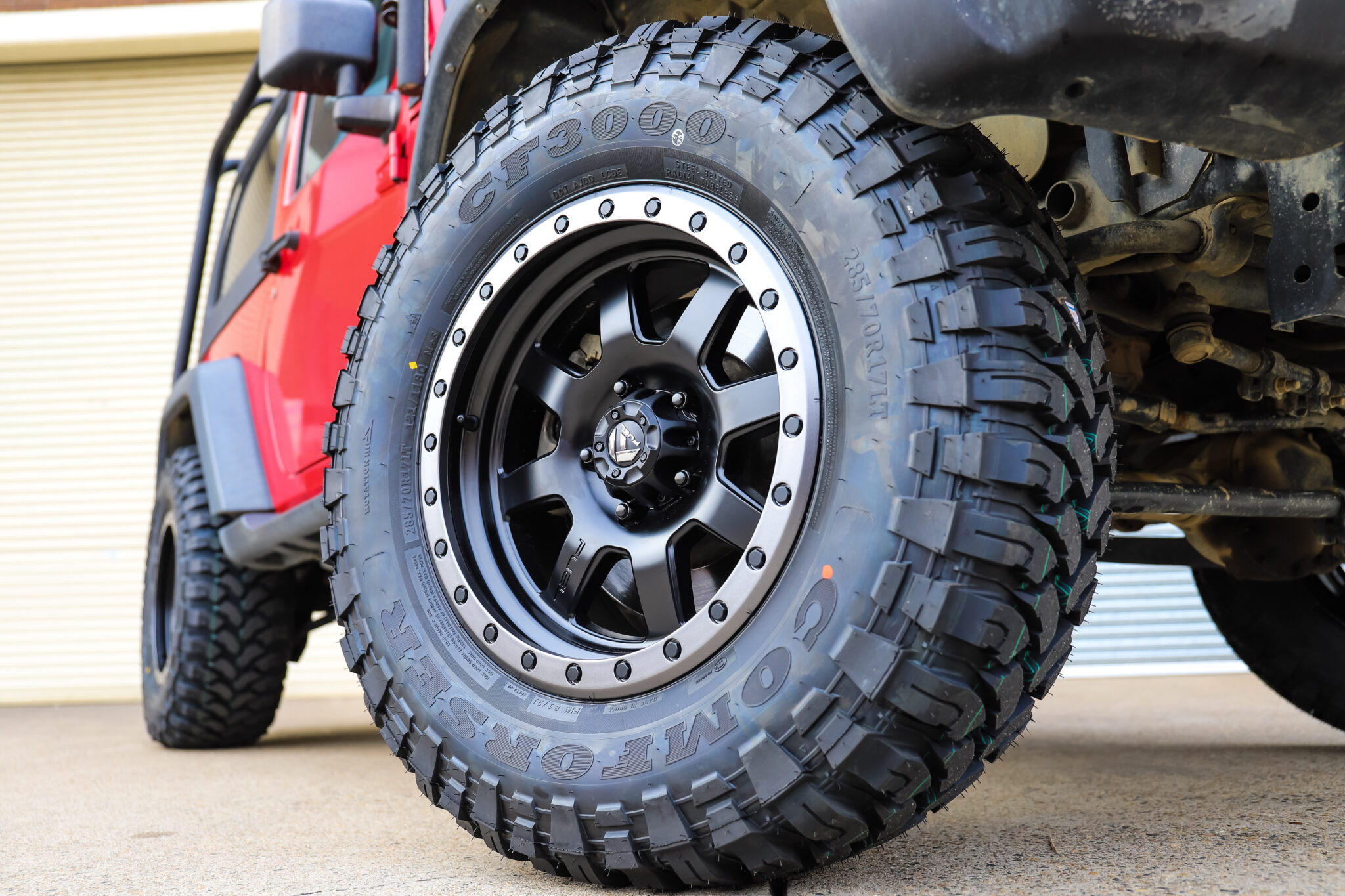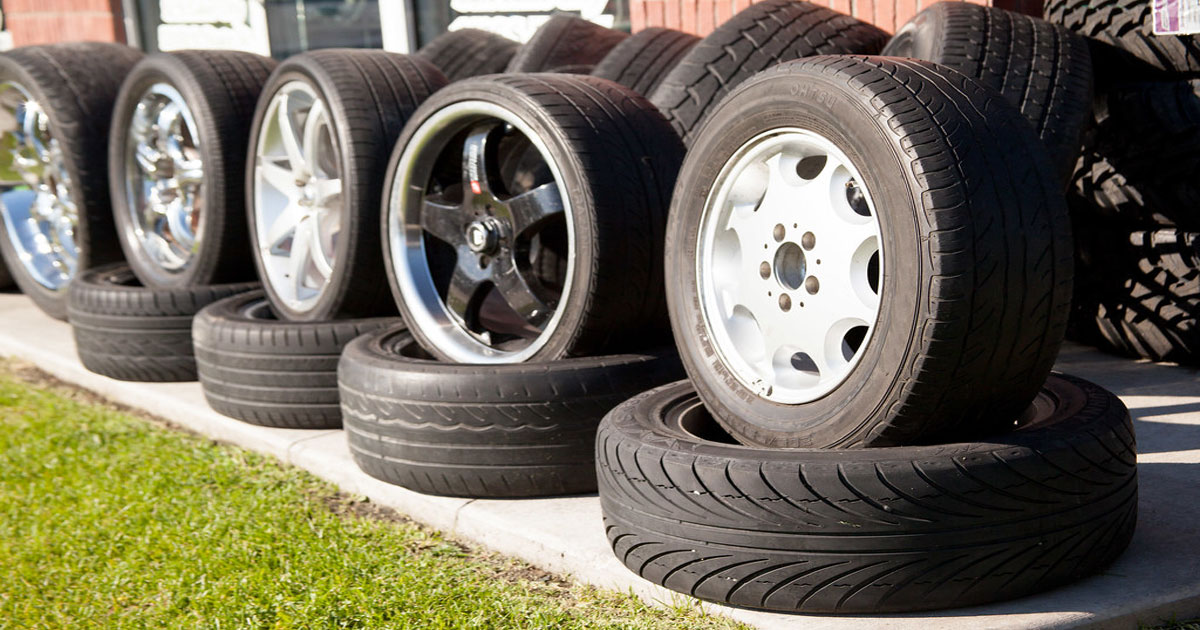Choosing the right tires for your driving needs is essential for ensuring safety, performance, and comfort on the road. Tires are the only point of contact between your vehicle and the road, and selecting the right type can significantly impact your driving experience.
With various tire types available, including all-season, summer, winter, and performance tires, it’s important to consider factors such as your driving habits, climate, and vehicle specifications. This guide will help you understand the key aspects of tire selection and provide tips on how to choose the best tires for your specific needs.
By understanding the differences between tire types and considering your unique driving conditions, you can make an informed decision that enhances your vehicle’s handling, traction, and overall performance.
All-Season Tires
All-season tires are designed to provide a balanced performance in various weather conditions, including dry, wet, and light snowy conditions. They are a popular choice for drivers who need a versatile tire that performs well throughout the year.

All-season tires offer a comfortable ride, good tread life, and moderate traction in different weather conditions. However, they may not provide the same level of performance as specialized tires in extreme conditions.
If you live in an area with mild weather and need a reliable tire for everyday driving, all season tires are a practical choice. They offer a good balance of performance, durability, and convenience, making them suitable for most driving situations.
Summer Tires
Summer tires, also known as performance tires, are designed for optimal performance in warm weather conditions. They provide excellent traction on dry and wet roads, thanks to their specialized rubber compounds and tread patterns.

Summer tires offer superior handling, braking, and cornering capabilities, making them ideal for high-performance vehicles and enthusiastic drivers. However, they are not suitable for cold weather or snowy conditions, as their rubber compound can harden and lose grip.
If you live in a region with consistently warm temperatures and want to maximize your vehicle’s performance, summer tires are an excellent choice. They offer enhanced grip and responsiveness for a dynamic driving experience.
Winter Tires
Winter tires, also known as snow tires, are specifically designed to perform in cold weather conditions and on snow covered or icy roads. They feature a unique rubber compound that remains flexible in low temperatures, providing better traction and control.

The tread patterns of winter tires are designed to grip snow and ice, improving braking and handling in winter conditions. If you live in an area with harsh winters or frequently encounter snow and ice, winter tires are essential for safe driving.
They offer superior traction and stability in cold weather, reducing the risk of accidents and ensuring a safer driving experience in winter conditions.
Performance Tires
Performance tires are designed for drivers who seek enhanced handling, responsiveness, and cornering capabilities. They are typically used on sports cars and high-performance vehicles, providing superior grip and precision.
Performance tires often feature a higher speed rating and are made from softer rubber compounds that offer better traction on both dry and wet roads. However, they tend to wear out faster than other tire types and may provide a less comfortable ride.
If you prioritize performance and driving dynamics, performance tires can significantly enhance your vehicle’s handling and overall driving experience. They are ideal for spirited driving and track use, offering exceptional grip and stability.
Off-Road Tires
Off-road tires, also known as all-terrain or mud terrain tires, are designed for vehicles that frequently drive on unpaved roads, trails, and rugged terrains. They feature aggressive tread patterns that provide excellent traction on loose surfaces such as mud, sand, and gravel.
Off-road tires are built with reinforced sidewalls and durable rubber compounds to withstand the challenges of off-road driving. However, they may produce more road noise and have a rougher ride on paved roads.

If you enjoy off-roading adventures or need a tire that can handle tough terrains, off-road tires are a great choice. They offer the durability and traction needed for challenging driving conditions.
Touring Tires
Touring tires are designed for drivers who prioritize comfort and long-distance driving. They provide a smooth and quiet ride, with an emphasis on tread life and fuel efficiency. Touring tires offer good all season performance, making them suitable for various weather conditions.
They are often used on sedans, minivans, and crossovers, providing a comfortable and stable ride for daily commuting and long road trips. If you value comfort, low road noise, and a long-lasting tire, touring tires are an excellent option.
They offer a balanced performance for everyday driving and highway travel, ensuring a pleasant and efficient driving experience.
By considering your driving habits, climate, and vehicle specifications, you can choose the right tires that best suit your needs. Understanding the differences between tire types and their performance characteristics will help you make an informed decision. Selecting the right tires enhances your vehicle’s handling, traction, and overall driving experience, ensuring safety and performance on the road.

